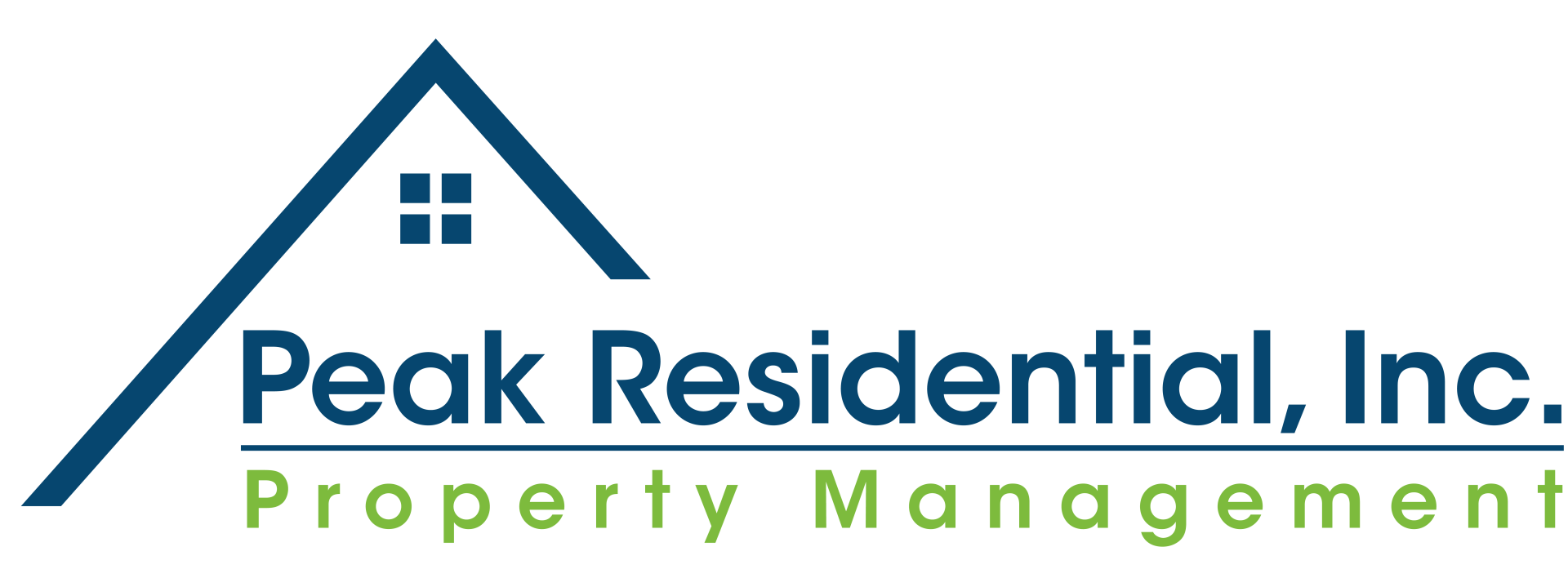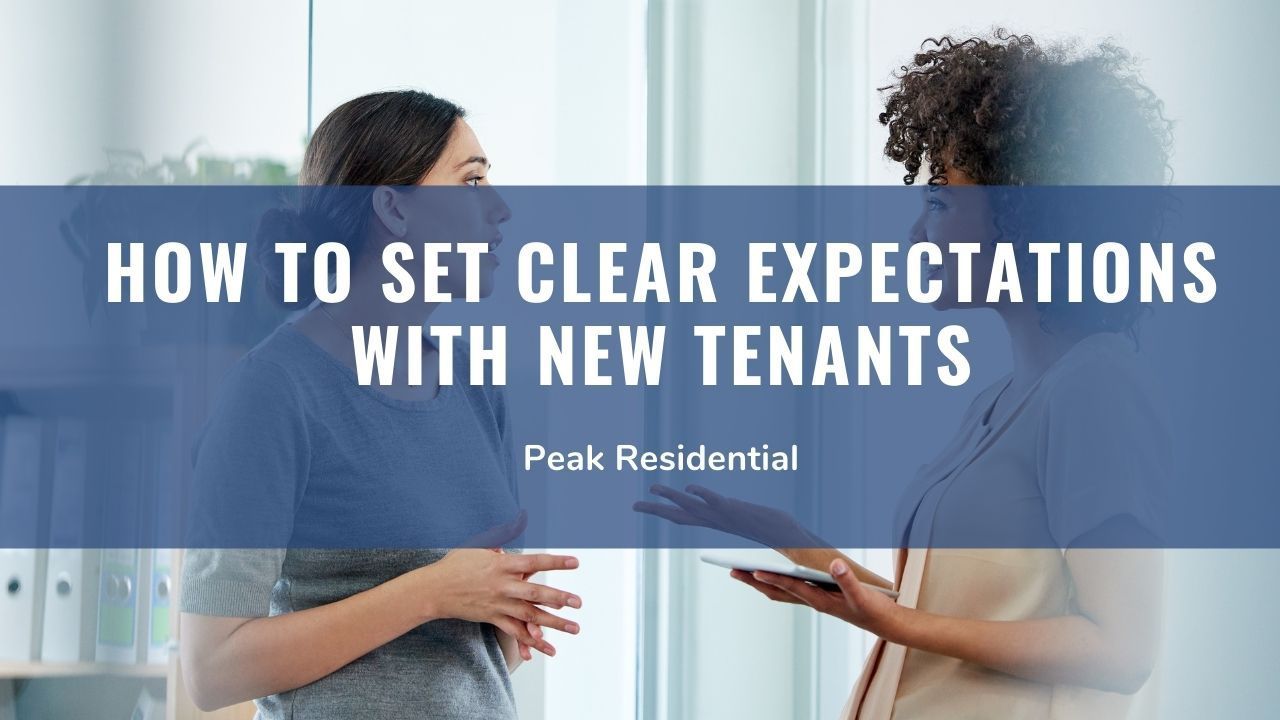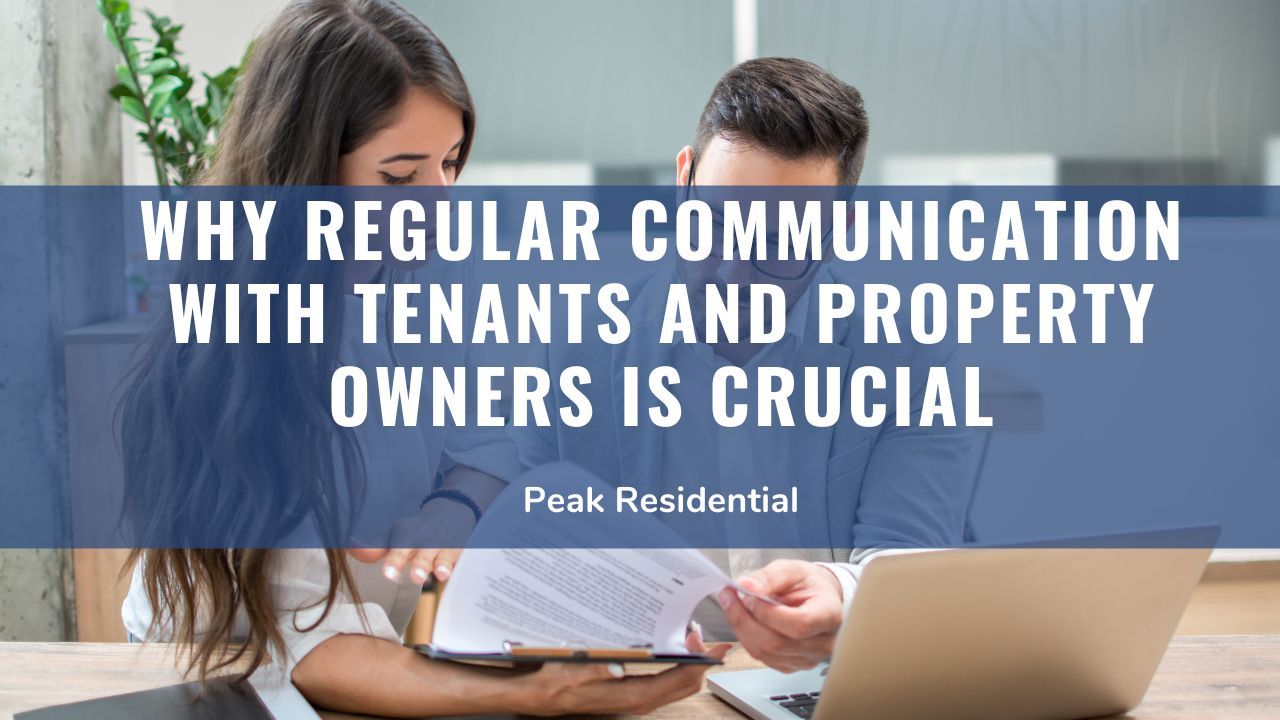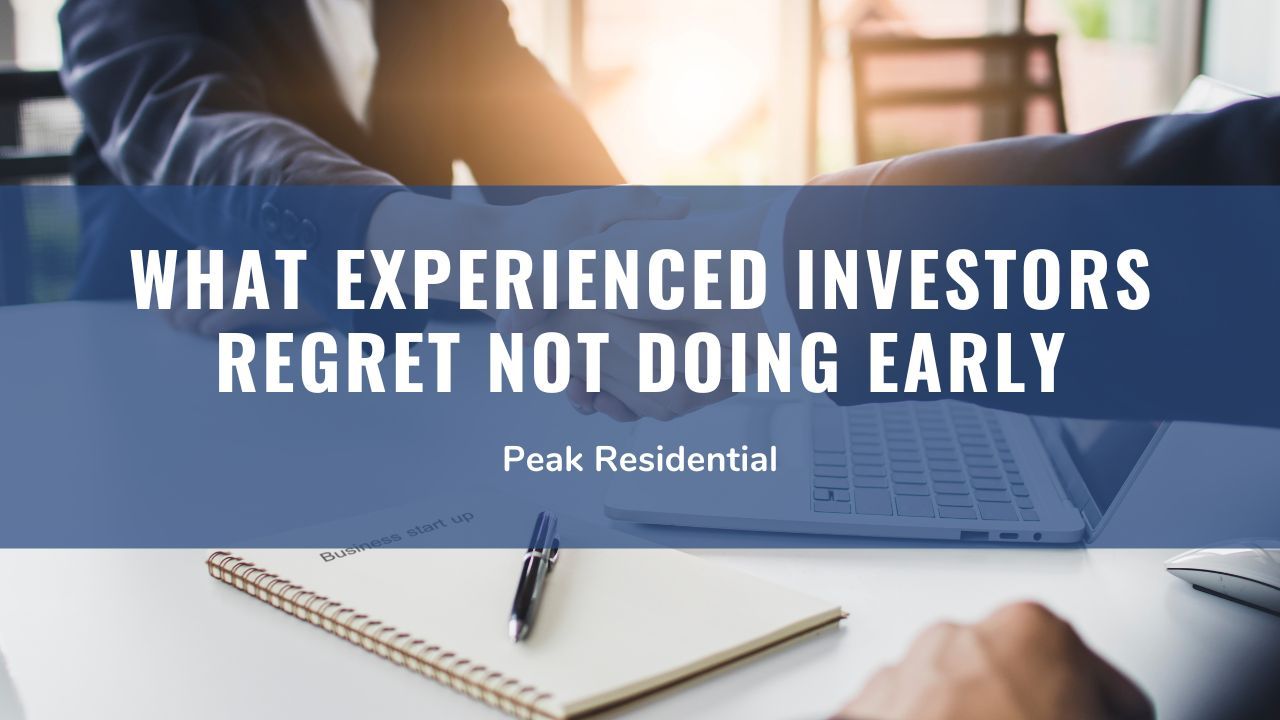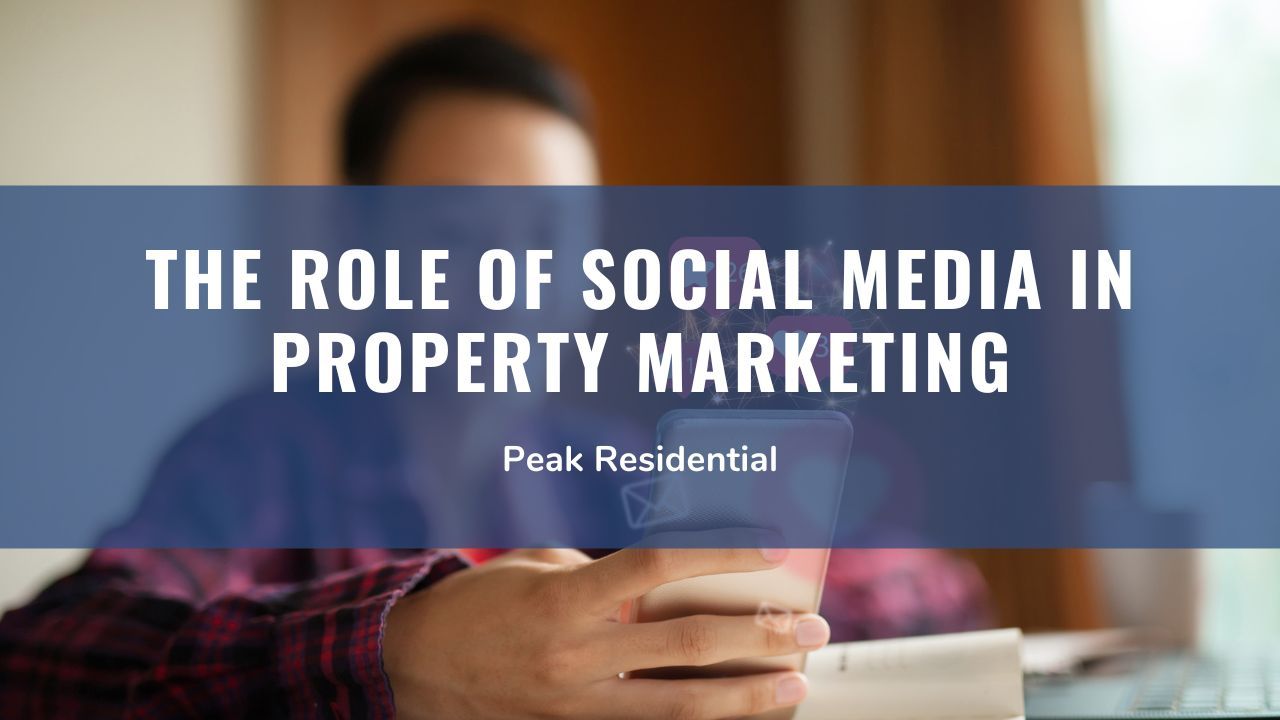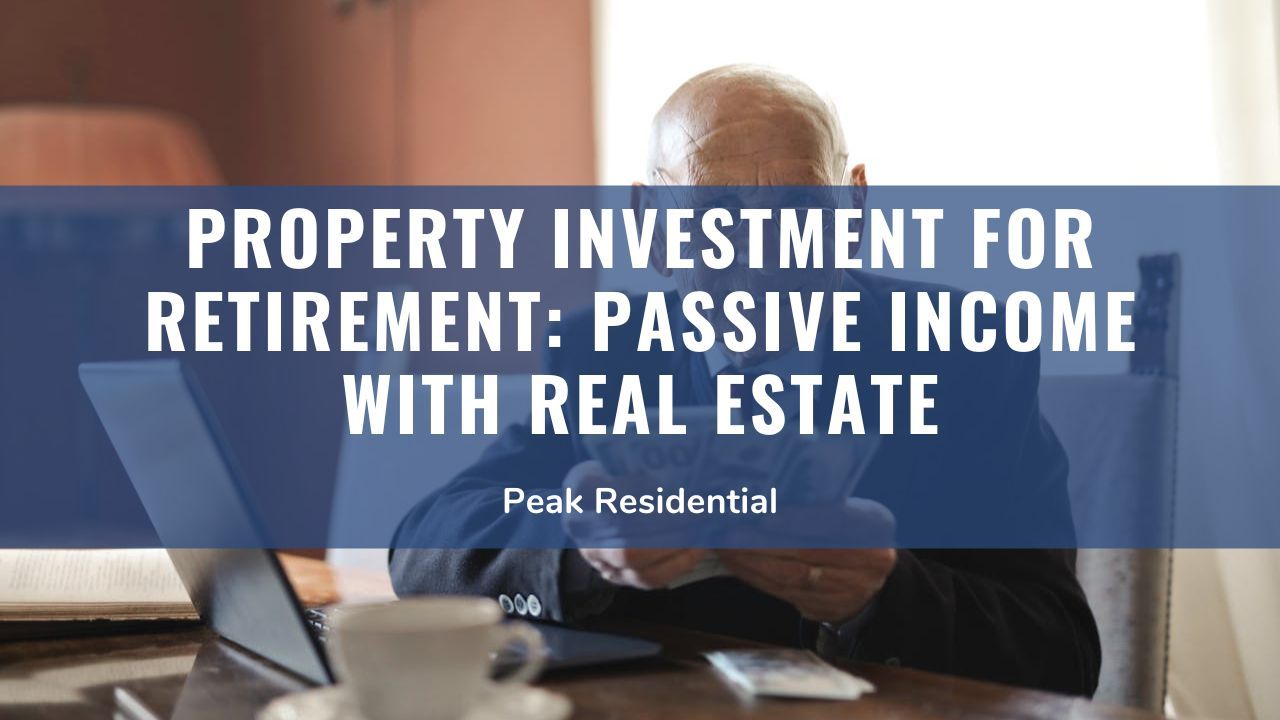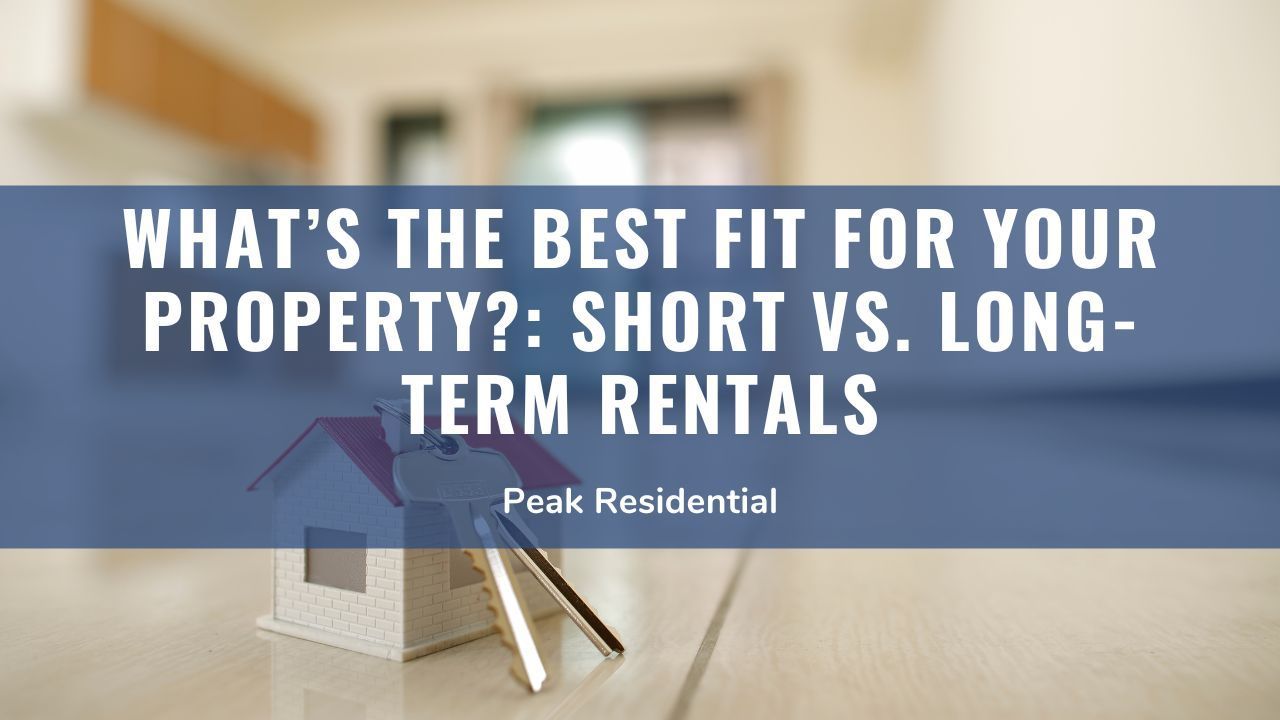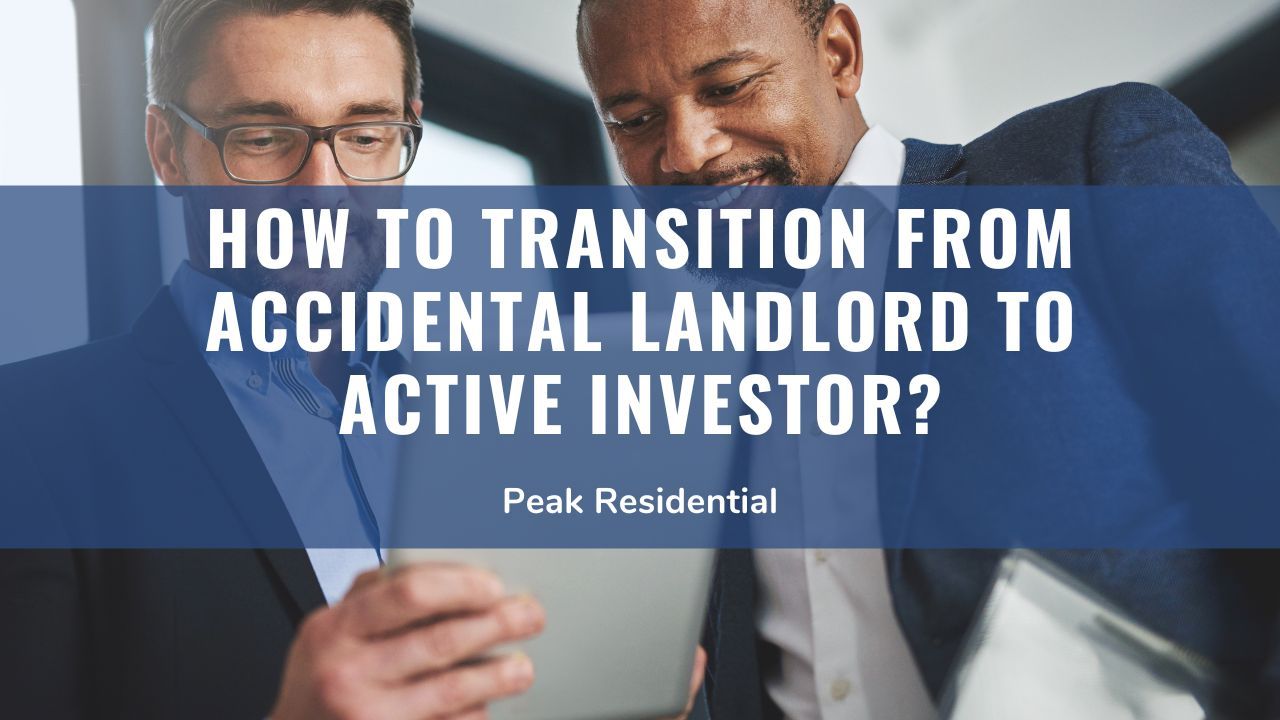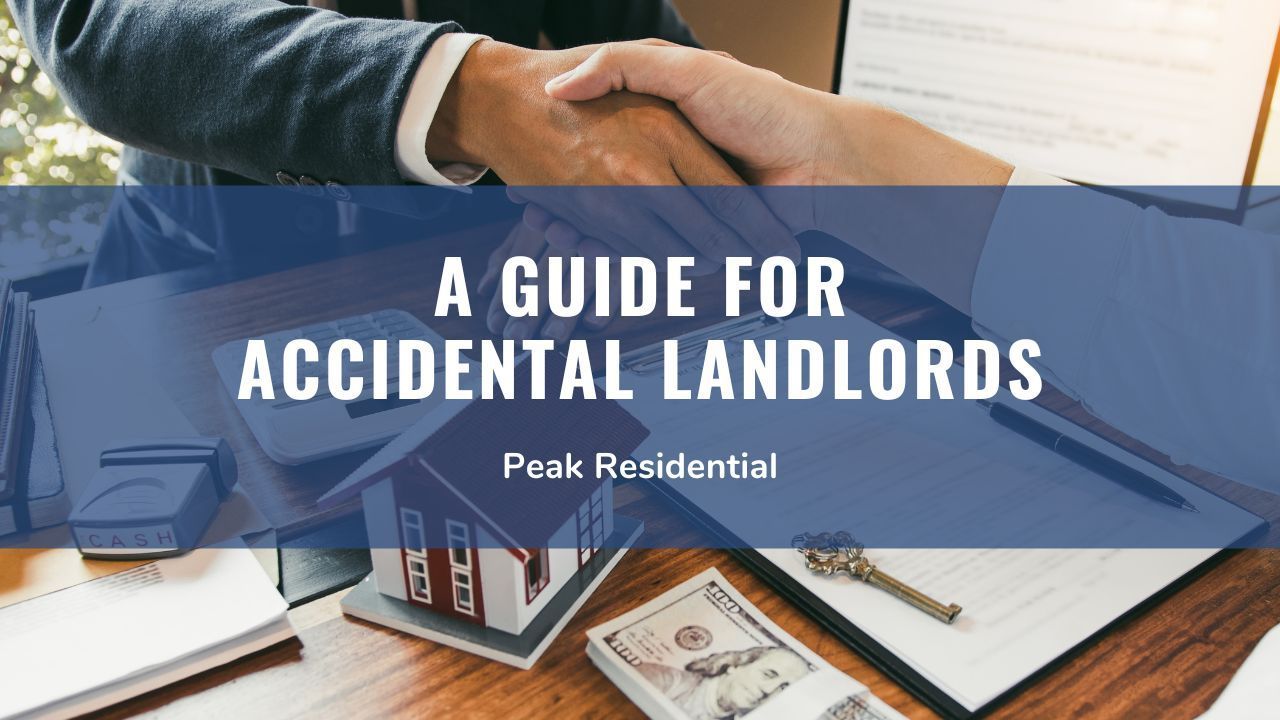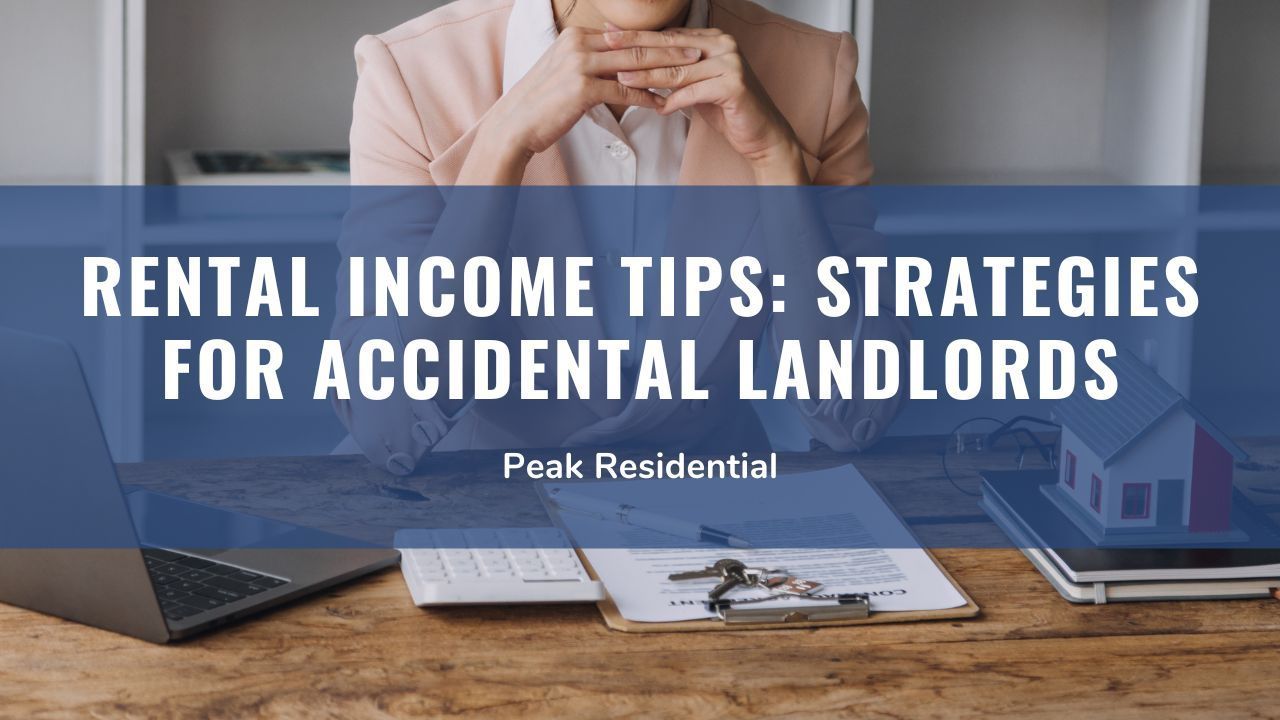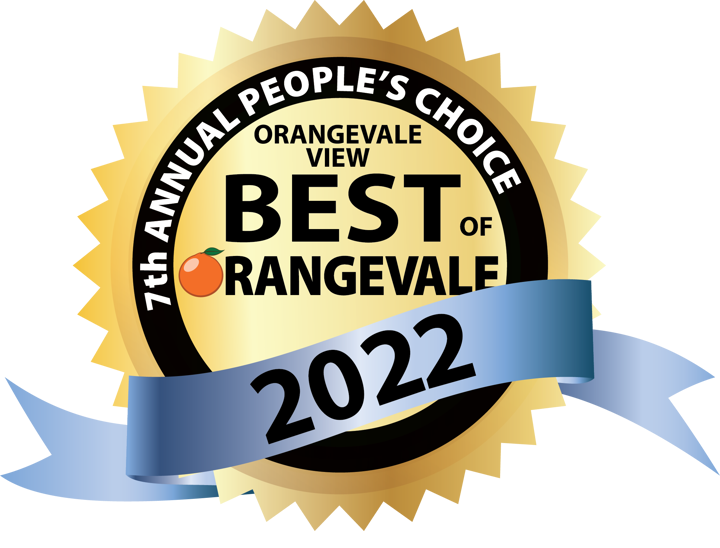Are you a landlord looking to foster trust and ensure compliance while managing your rental properties? Whether you’re a first time landlord or a seasoned investor, protecting your tenants' privacy rights is not just a legal necessity, it's a cornerstone of a respectful landlord-tenant relationship.
Here is a comprehensive guide to understanding and implementing privacy protections. From legal obligations to practical tips, we'll cover all you need to know to safeguard your tenants' privacy while effectively managing your properties, ensuring a harmonious and lawful rental experience.
Understanding Tenant Privacy Rights
In property management, tenant privacy rights are essential for landlords and tenants to understand. These laws safeguard tenant privacy and provide landlords with clear guidelines for lawful property management. The following outlines key ways to respect your tenants privacy.
The Right to Quiet Enjoyment
The right to quiet enjoyment is legally protected and universal across jurisdictions. It guarantees tenants the ability to use their property peacefully, without intrusion from landlords or other external disturbances.
This right covers various forms of interference, including excessive noise, unannounced visits, and any other actions that could disrupt the tenant's peaceful enjoyment of their
rental home. Landlords must ensure that their actions, or those of other tenants, do not violate this essential tenant right.
Pre-Visit Notice
One of the most tangible expressions of tenant privacy rights is the requirement for landlords to provide notice before entering a rental unit.

Typically, this notice must be given at least 24 hours in advance, although specific timeframes can vary by state. The notice must clearly state the reason for entry, whether it’s for routine inspections, necessary repairs, or showing the property to prospective tenants or buyers.
Adhering to these notice requirements is a critical aspect of respecting tenant privacy and maintaining legal compliance.
Handling Emergencies
While advance notice is the standard, there are exceptions in cases of emergencies. Laws typically define emergencies as situations that threaten the immediate safety of tenants or the integrity of the property, such as natural disasters, fires, or major plumbing leaks.
In these scenarios, landlords have the right to bypass the usual notice requirements to address the urgent issue. However, these entries must be strictly limited to genuine emergencies to prevent abuse of this exception.
Strategies to Safeguard Tenant Data
With the rise of digital data storage, protecting tenant information has become paramount for property management firms. Ensuring data security involves several key strategies:
- Implementing Strong Data Encryption: Encrypting tenant data ensures that personal information remains secure and accessible only through a specific decryption process.
- Updating Security Measures: Continually updating security software is essential to guard against evolving cyber threats and protect tenant information effectively.
- Access Control Systems: Putting strict access controls into place ensures that only authorized personnel can access sensitive tenant data, reducing the risk of breaches.
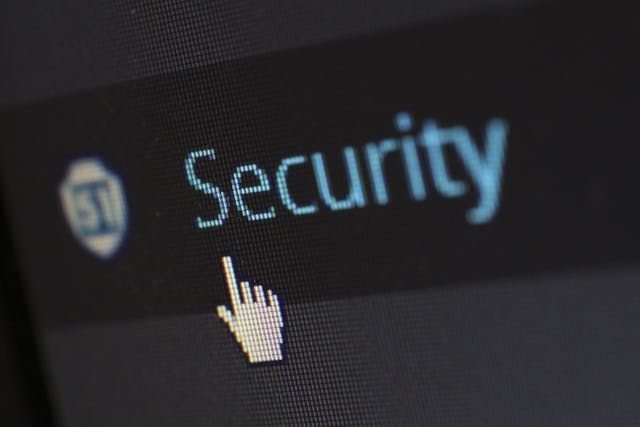
- Regular Security Assessments: Conducting frequent security audits helps identify and rectify potential vulnerabilities, ensuring robust data protection.
- Training Staff on Security Protocols: Educating staff on data security best practices is critical to prevent breaches caused by human error. This training should include recognizing security threats and handling data responsibly.
- Using Secure Payment Platforms: For online rent transactions, employing secure payment systems that meet industry data security standards is essential to protect tenant financial information.
Best Practices in Property Surveillance and Access
In today’s rental market, ensuring the unit meets safety standards, while respecting their tenants privacy can be a delicate task, especially with the availability of sophisticated surveillance technology.
Here are some straightforward guidelines that can help you, as a landlord, maintain the right balance between security and privacy.
1. Exterior Surveillance
Installing cameras in common areas like lobbies, parking lots, and hallways is a great way to enhance security. These cameras can deter crime and monitor for any suspicious activity without invading the private spaces of tenants. Make sure these cameras are visible and placed in strategic locations that do not compromise tenant privacy.
2. Interior Surveillance
It is important to understand that placing cameras inside rental units is usually not allowed unless explicitly consented to by the tenant. Such surveillance is considered intrusive and could violate privacy rights, potentially leading to legal issues.
3. Disclosure and Consent
Transparency is key in maintaining trust and legality in surveillance practices.
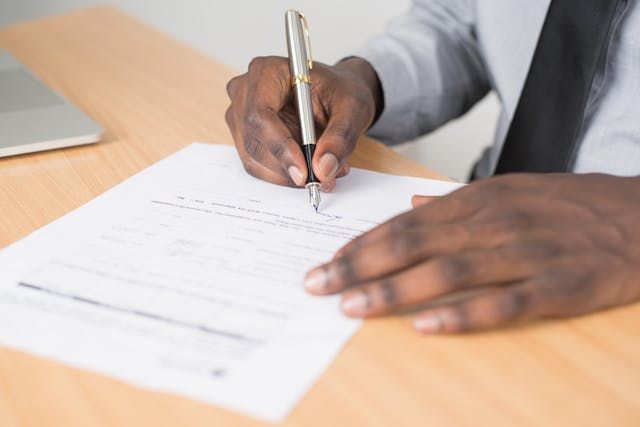
Always inform tenants about the surveillance methods you plan to implement, including where cameras will be placed and how surveillance data will be used.
Obtain clear consent from tenants before installing any surveillance equipment in areas that may impact their privacy. This not only ensures compliance with privacy laws but also reinforces the tenants' trust in your
management practices.
Bottom Line
As we've explored, respecting and protecting tenant privacy rights is crucial for fostering a positive relationship and staying compliant with the law. By embracing these practices, you not only enhance tenant satisfaction but also strengthen the integrity of your property management efforts.
If you're looking for support in navigating these responsibilities, consider partnering with
Peak Residential. Our expert team is dedicated to ensuring that all aspects of tenant privacy are handled with the utmost care and professionalism allowing you to excel in your role as a landlord.
